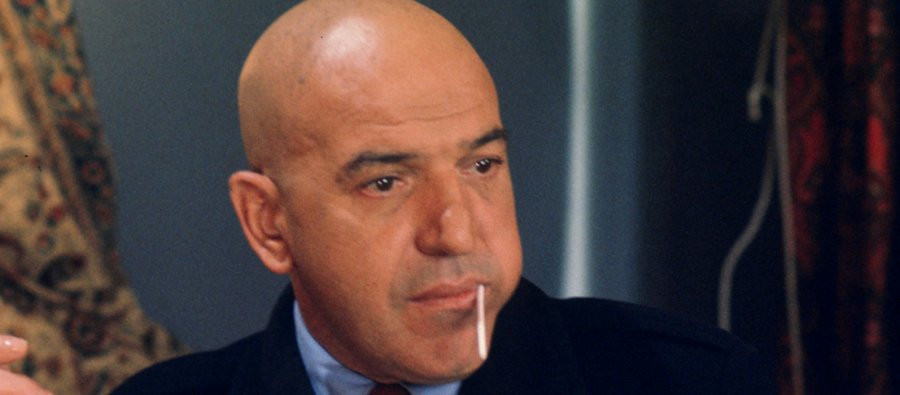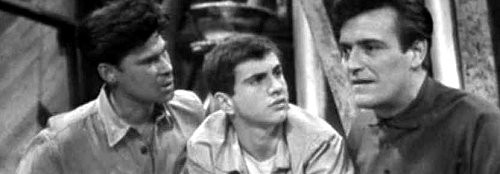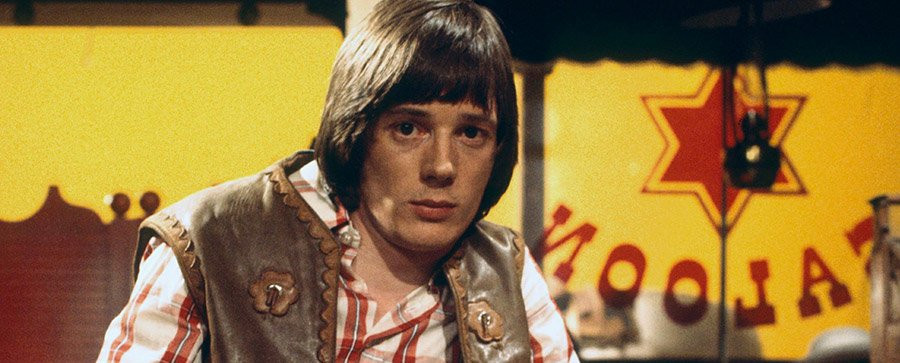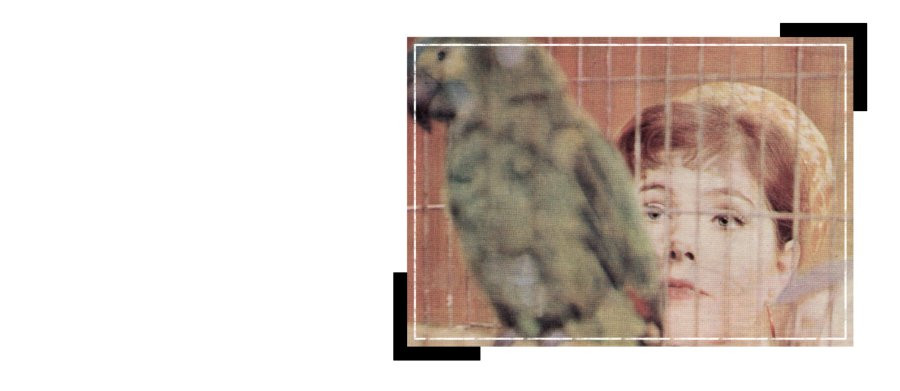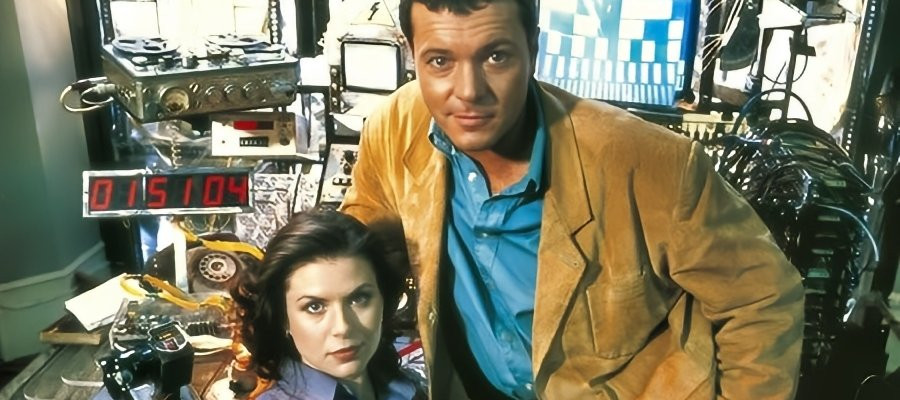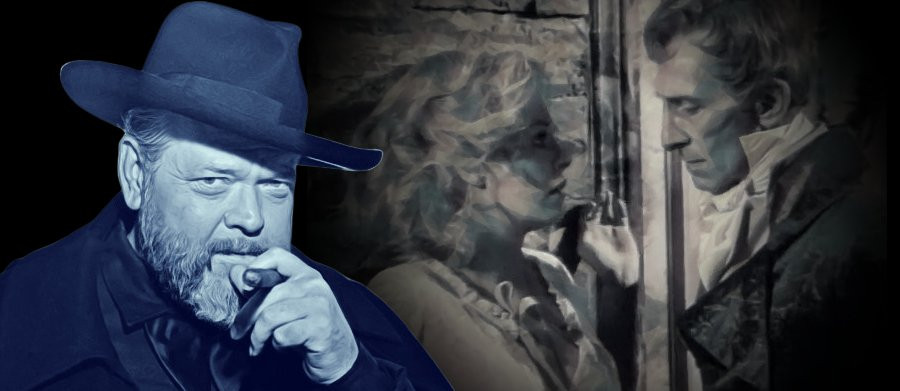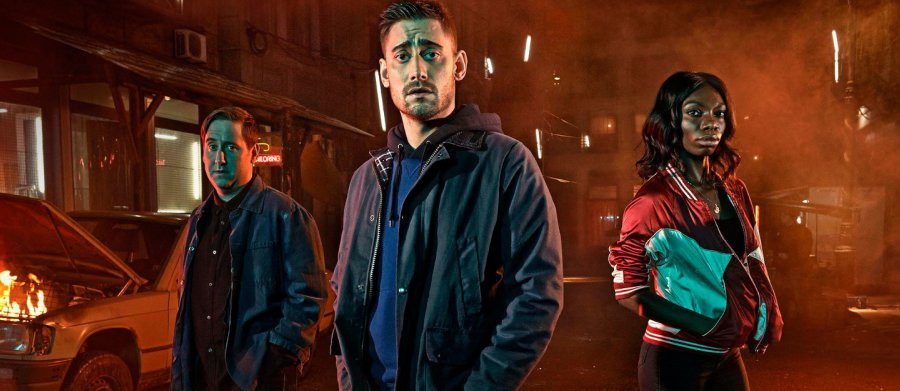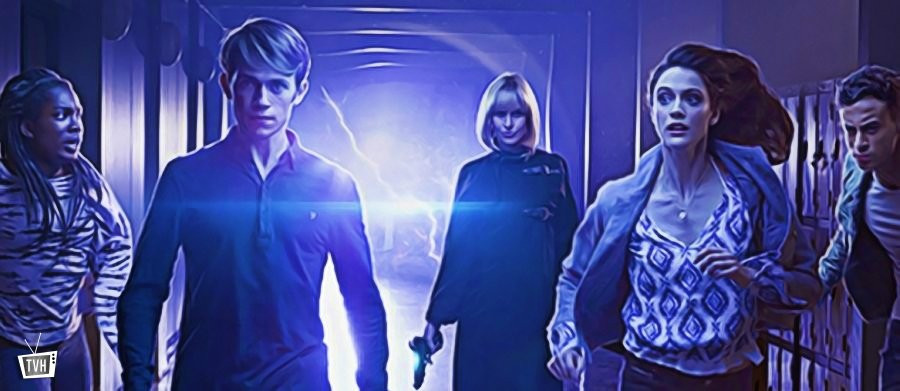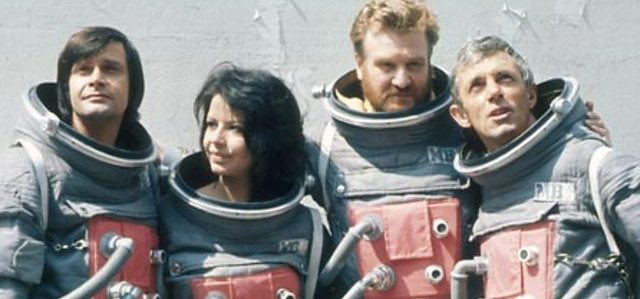
Moonbase 3
1973 - United KingdomIn the early part of the decade following man’s first steps on the Moon, optimism about humanity’s future in space exploration still burned brightly. The successful launch of the US space station Skylab in 1973 was heralded as the next small but significant step in our journey towards the stars. It was within this atmosphere of unjaded hope that the BBC debuted Moonbase 3 on 9th September 1973 – a new science fiction drama which sought to imagine life on a permanently inhabited lunar colony, thirty years in the future.
Created by Doctor Who alumni Barry Letts and Terrance Dicks, and bolstered by the involvement of science presenter James Burke as script consultant, Moonbase 3 was designed to offer a grounded, semi-documentary portrayal of human life on the Moon. Eschewing the fantastical in favour of plausible realism, the series followed the day-to-day operations of a European-controlled moonbase in the year 2003. Central to the ensemble was David Caulder (Donald Houston), a pragmatic scientific troubleshooter newly appointed as director, supported by his French deputy Michel Lebrun (Ralph Bates), amongst a diverse team of specialists battling not only the Moon’s unforgiving environment, but also the complex web of Earthside political pressures and internal psychological stressors.
In concept, the series was bold and refreshingly serious-minded. While most science fiction of the period leaned towards the sensational, Moonbase 3 aspired to intellectual and emotional credibility. Yet, despite this worthy intent and a capable cast, the show was short-lived, running for only six episodes before vanishing into obscurity on 14th October 1973. The planned thirteen-episode arc was abruptly curtailed – and with hindsight, it is not difficult to see why.
The fundamental problem lay in the series' own self-imposed constraints. By rejecting almost all elements of traditional science fiction and fantasy – the very elements that had propelled Doctor Who to success under the same creative team – Moonbase 3 struggled to establish dramatic momentum. The show's commitment to realism, while admirable, resulted in narratives that too often lacked urgency or compelling emotional stakes. Viewers found it difficult to connect with the characters or become invested in the sterile, procedural storylines. In striving so hard to be credible, the series became dry.
Letts and Dicks, who had so successfully revitalised Doctor Who with a deft blend of science fantasy and social commentary, made the critical error of overcorrecting with Moonbase 3. The result was a series that felt more like a sober scientific thought experiment than engaging drama. Though Burke’s input lent authenticity, it could not compensate for the absence of tension or imaginative spark.
Despite its evident failings, Moonbase 3 remains an intriguing footnote in British television history. It was a project of ambition and integrity, and its attempt to grapple with realistic depictions of space colonisation prefigured later, more successful efforts in the genre. With a better balance between realism and dramatic flourish, it might well have become a minor classic. Instead, it serves as a cautionary tale – a show whose reach exceeded its grasp, and which ultimately promised far more than it delivered.
In the end, Moonbase 3 is best remembered not for what it achieved, but for what it might have been. A noble failure, to be sure – but a failure all the same.
Seen this show? How do you rate it?
Seen this show? How do you rate it?
Published on October 3rd, 2023. Written by Laurence Marcus for Television Heaven.


